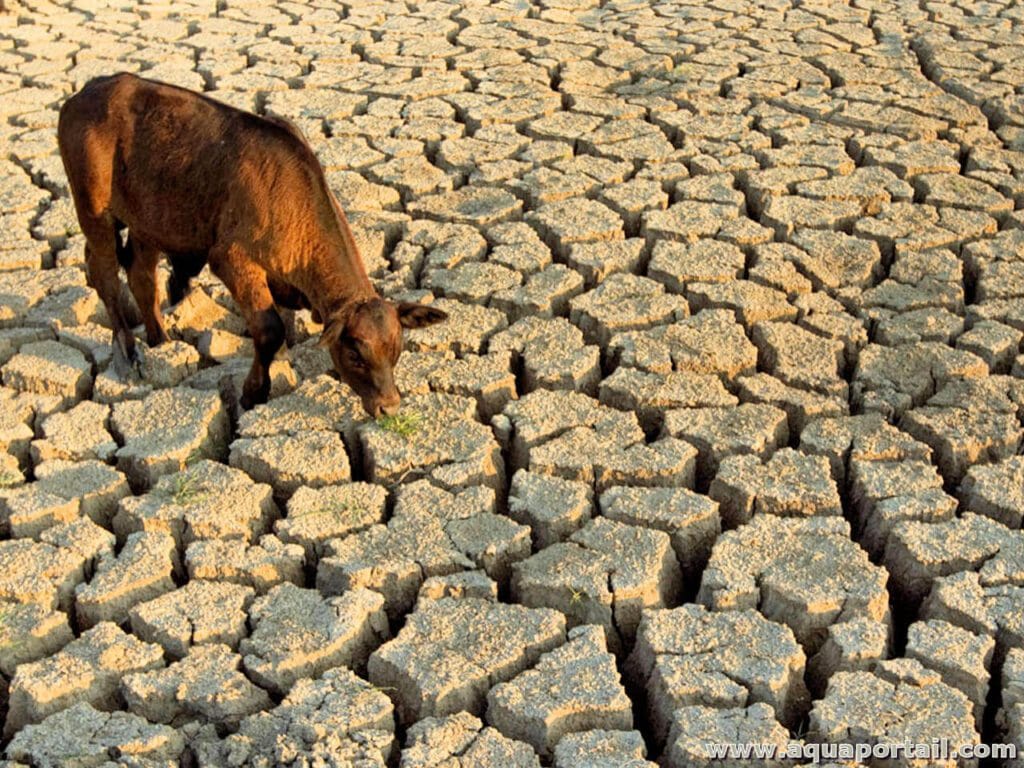A recent report from the **Carnegie Endowment for International Peace** highlights the major climate challenges facing Morocco. Despite its **ecological ambitions**, the country struggles to reconcile energy transition and resilience against the effects of **climate change**, particularly due to its **water and agricultural management**.
While Morocco has established itself as a **pioneer in renewable energy**, its persistent dependence on **fossil fuels**, exacerbated by the global energy crisis, hinders its green ambitions. At the same time, pressure on water resources has reached a critical level: **93% of the territory is arid or semi-arid**, and the country suffers from one of the **highest water stress levels in the world**.
According to Carnegie, Moroccan agriculture, which employs **30% of the workforce**, is one of the most vulnerable sectors. Policies favoring **water-intensive crops** (citrus fruits, watermelons) have exacerbated imbalances, while **90% of the drilled wells are illegal**, threatening groundwater supplies.
Researchers also point to **inequalities in access to water**, worsened by controversial reforms such as the **law 83.21 on water privatization**. These measures, deemed opaque, risk further weakening **small farmers and rural communities**.
In the face of these challenges, the report recommends:
– A **diversification of crops** to reduce dependence on water-intensive production.
– A **stricter regulation of irrigation** and better management of groundwater.
– A more **inclusive and equitable governance** of water resources.
As Morocco aims to **establish itself as a leader in sustainable development**, the **management of its natural resources** remains a major challenge to ensure an effective and socially equitable ecological transition.


